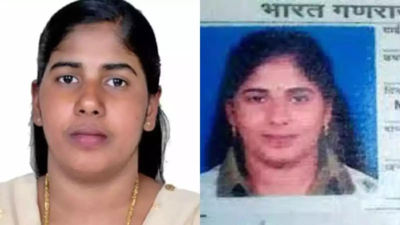
The Ministry of External Affairs (MEA) spokesperson, Randhir Jaiswal, stated, "We are aware of the sentencing of Ms. Nimisha Priya in Yemen. We understand that her family is exploring relevant options. The government is extending all possible help in the matter."
Nimisha Priya, originally from Kollengode in Kerala's Palakkad district, moved to Yemen in 2008 to work as a nurse. She later established a medical clinic in partnership with Mahdi. In 2017, following disputes over alleged financial misappropriation and personal abuse, Priya attempted to retrieve her confiscated passport by sedating Mahdi. The sedative overdose resulted in his death. Subsequently, she was arrested and, in 2020, sentenced to death by a Yemeni court.
The recent presidential approval of her execution has intensified efforts by her family and advocacy groups to seek clemency. Under Yemeni law, the victim's family can pardon the offender in exchange for 'diya' or blood money. Priya's mother, Prema Kumari, traveled to Sana'a to negotiate with Mahdi's family, aiming to secure a pardon. However, the process has been hindered by substantial legal fees and the complexities of international negotiations.
The Save Nimisha Priya International Action Council, comprising relatives and supporters, has been instrumental in raising funds and awareness. They successfully gathered the initial installment required for negotiations but faced challenges ensuring transparency and meeting the escalating financial demands.
The Indian government's involvement underscores its commitment to protecting its citizens abroad. The MEA's assurance of "all possible help" reflects diplomatic efforts to navigate the legal and cultural intricacies of the case. This includes facilitating negotiations, providing legal assistance, and engaging with Yemeni authorities to explore avenues for clemency.
The case has garnered significant attention, highlighting the challenges faced by expatriate workers in conflict zones. Advocacy groups emphasize the need for diplomatic intervention and support systems for Indians employed abroad, particularly in regions with complex legal and cultural landscapes.
